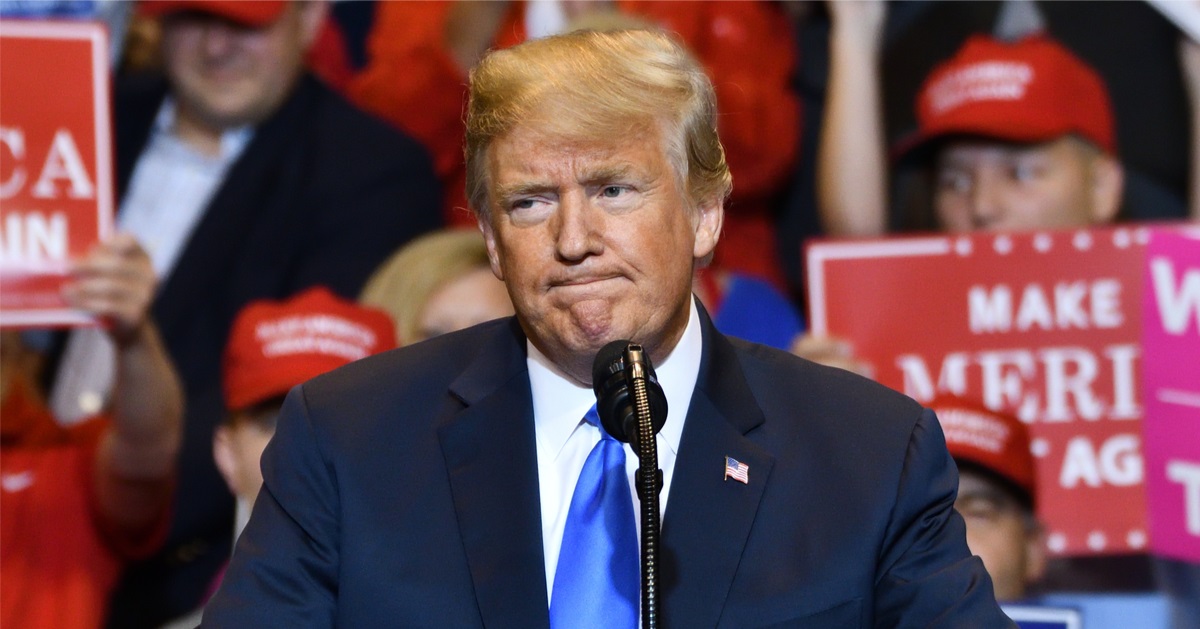Secret Service now using robotic dogs to help patrol Trump's Mar-a-Lago resort
Following two separate assassination attempts against President-elect Donald Trump over the summer, the U.S. Secret Service has unsurprisingly beefed up the security measures it employs to protect him from harm.
That includes the recent deployment of robotic dogs to help patrol the sprawling grounds of Trump's Mar-a-Lago resort and private residence in Palm Beach, Florida, according to the BBC.
The robotic dogs, which bear USSS markings and "DO NOT PET" warnings, are not armed with any weapons -- at least, not yet -- but instead bear an array of advanced cameras and other sensors and serve as a mobile surveillance and patrol unit.
Robot dogs patrolling Mar-a-Lago
Developed by Boston Dynamics and known as "Spot," the robotic surveillance dogs have recently been seen patrolling the grounds of President-elect Trump's Mar-a-Lago resort.
NEW: Donald Trump has reportedly beefed up his security detail at Mar-a-Lago and now has a robotic dog patrolling the property.
A large warning sign on the side of the robotic dog reads: " Do Not Pet"
The robot dog was made by Boston Dynamics and is equipped with… pic.twitter.com/qLktzbf3m3
— Collin Rugg (@CollinRugg) November 8, 2024
The robot dogs can be operated remotely or programmed to patrol a pre-determined route autonomously, and are capable of avoiding obstacles, navigating tight spaces, going up and down stairs, and uprighting themselves if they fall or are pushed over.
The Secret Service released a video earlier this year in July to unveil their robot dogs at the NATO Summit and noted that in addition to surveillance cameras and thermal imaging equipment, the units can also be outfitted with special sensors to detect chemical, biological, radiological, and nuclear threats, among other things.
"Safeguarding the President-elect is a top priority"
The New York Post reported on the robotic sentry dogs patrolling Mar-a-Lago after President-elect Trump won the election and quoted a Secret Service spokesperson as saying, "Safeguarding the President-elect is a top priority."
"While we cannot get into the specific capabilities, the robotic dogs are equipped with surveillance technology, and an array of advanced sensors that support our protective operations," the spokesperson added.
Aside from the Secret Service, the robotic dogs have also been increasingly employed for surveillance and reconnaissance work by law enforcement, such as the NYPD and police bomb squads, and first responders like the FDNY to check out potential threats or surveil areas too dangerous for humans to enter.
Some militaries have begun to deploy robotic dogs as well, including in Ukraine, to conduct patrols or deliver supplies on the battlefield.
More advanced units are being developed
Ynet reported that while the robotic dogs are currently typically operated remotely by a human handler or pre-programmed to patrol a certain route, Boston Dynamics is already working on various upgrades to further improve the system.
Some of those advancements include integrating the units with artificial intelligence capabilities to make them more autonomous or giving them prompts to "adopt" various "personalities" for different roles, such as the ability to speak and serve as a tour guide.
Interestingly enough, the robotic dogs are not just limited to government service for law enforcement and military duties but can be purchased by private companies and the general public for around $75,000.





